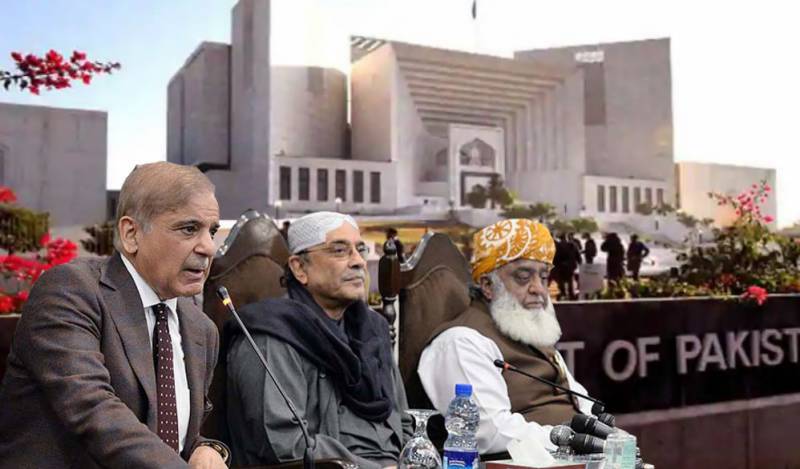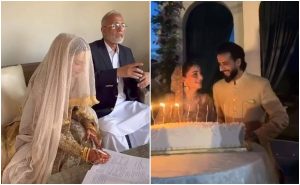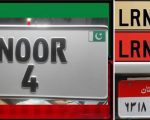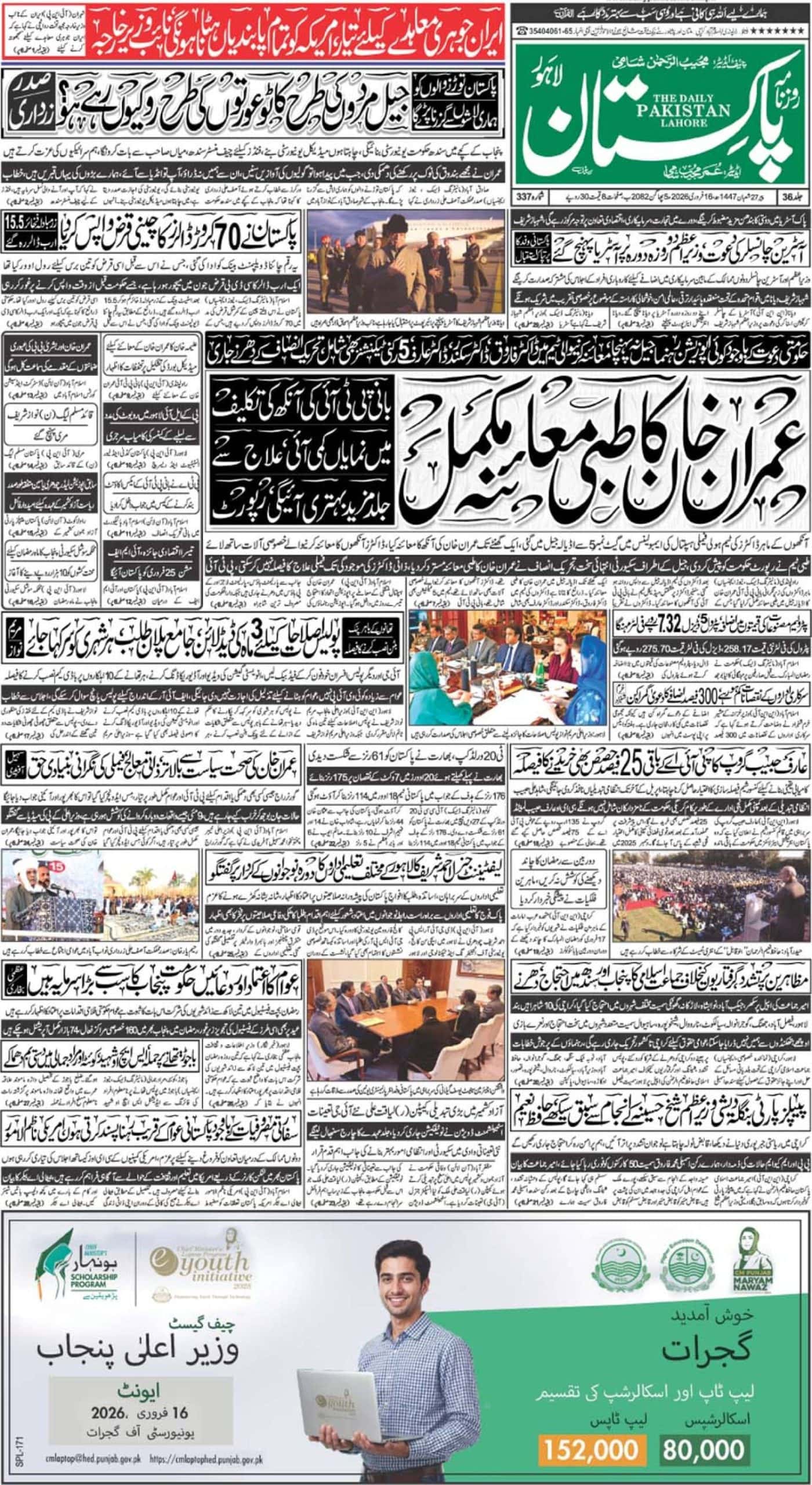ISLAMABAD – The Supreme Court of Pakistan on Tuesday declared Election Commission’s decision to postpone elections in two provinces as ‘unconstitutional’, ordering the federal government to conduct elections in Punjab on May 14.
As PTI hailed the top court’s ruling, Prime Minister Shehbaz Sharif and his cabinet dismissed the crucial verdict amid a tussle between the state and judiciary, which comes on the heels of legislation to curtail the powers of the country’s top judge.
Ministers met under the premier and declared Supreme Court’s decision not actionable, and announced using parliament to raise its voice against the verdict.
As the government said snap polls are not actionable, legal experts suggest that the top court can initiate contempt proceedings against Prime Minister Shehbaz Sharif for defying orders.
Amid the deepening political quagmire, Interior Minister Rana Sanaullah hinted at imposing a state of emergency in Pakistan under Article 232 of the Constitution which allows the president to declare a state of emergency if the country is threatened by war or external aggression, or by internal disturbance beyond the power of a provincial government to handle.
In case of defying the orders, the top court can enforce the ruling through contempt. Prime Minister Shehbaz Sharif can be disqualified under the country’s existing laws. Former premier Yusuf Raza Gilani was also found guilty of contempt of court for refusing to reopen corruption cases against then-President Asif Zardari and was shown the door.
Meanwhile, the electoral watchdog has issued the revised schedule of polls in the country’s biggest province in line with the the top court’s ruling.













